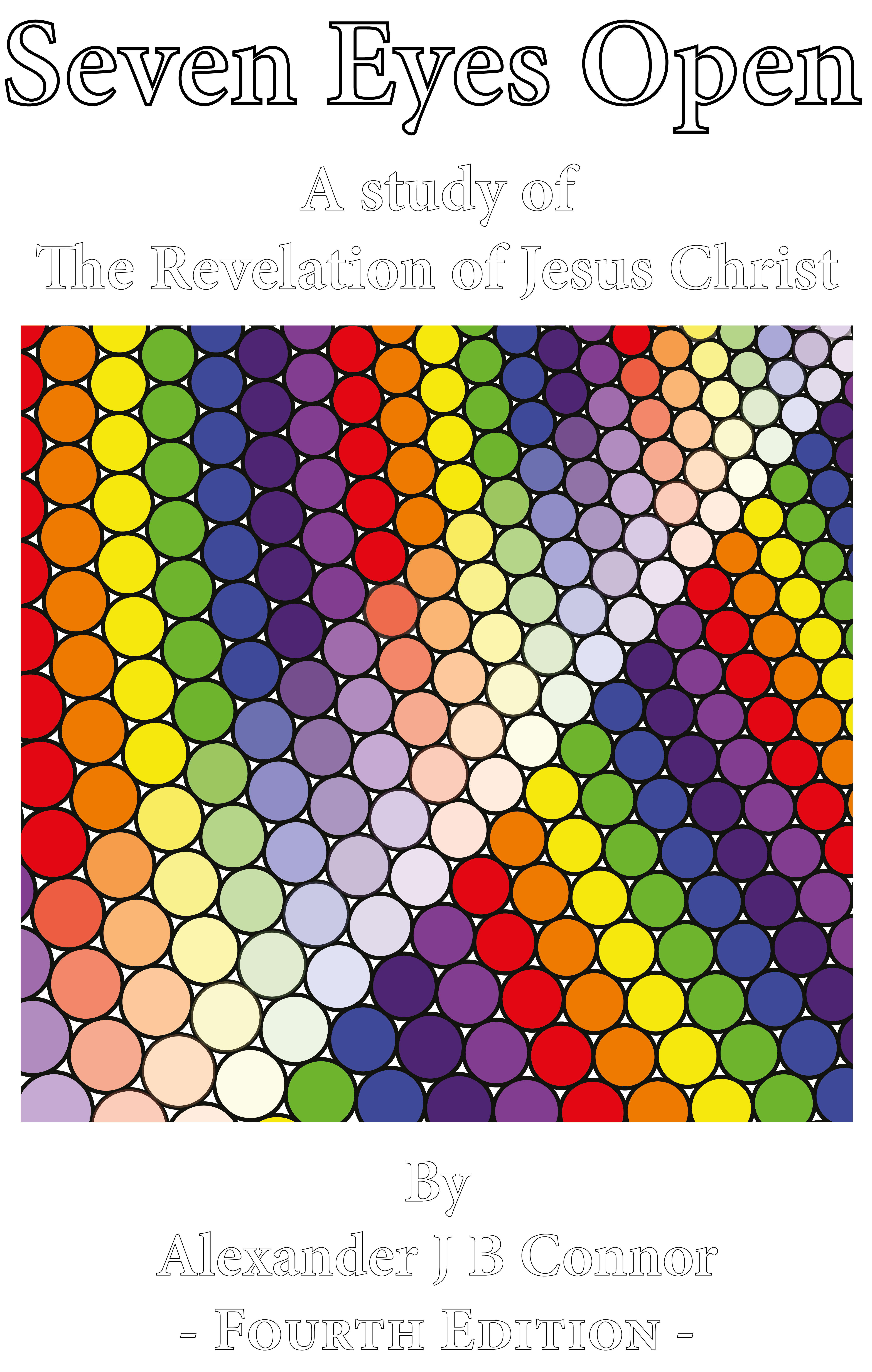Introduction
In this section I begin to draw to gether the threads to justify that believers have the authority to preach the gospel to those without the axiom of sovereignty L(G). In a principal ultrafilter generated by L(G) this is not apparent, but in the Holy Ghost the authority is present for believers to do just that. (The Holy Spirit is considered to be a "universal being" able to conceive of all others' existence and communicate the nature of a perfect being to all.) Christians have the authority in the Holy Spirit to preach the truth, as God is indeed such a "universal being".
In this section we se how faith is interwoven with the perception we have of God. Whilst for the most part philosophy and even the ontological arguments consider perfections we should note that God has created both good and evil; never rewarding evil for good and good for evil to His people.
Given that God has said "vengeance is mine, I will repay" should we not also consider that there are "negative" statements that may be appropriate yet private the virtues we see in God in our limited fashion? God is not bound by His laws, even though the virtues shown in Christ will stand for us forever.
L(G) Generates An Ultrafilter
We start with the definition of an ultrafilter: Considering the sets of positive properties people may hold of God we see that there is a single basis for the commandments, to preserve those virtues chosen by God for His imperfect creations. The axiom L(G) is enough to generate an ultrafilter on those virtues, which are resolved under the will of God. Keeping them will not make a man God's equal.
L(G) Has Correctness
Some effort is made to distinguish the choice of "core" virtues as dependent on God. Here is some work to show that there can not be two different sets of laws, or two laws in only partial agreement. There is but one law and then a requirement of complete consistency upon the believer's choice of God (as to which gospel, correct or incorrect) and of what may be considered "right and wrong" .
L(G) Implies Authority
The ultrafilter generated by L(G) is true almost everywhere: We stipulate a condition which ensures that authority as to choose what is right and wrong is vested only in God Himself. By translating from L(G) to AG(x) we ensure that the authority of God is preserved, and that we may more accurately describe what it means to correct another.
Authority For The Sons Of God
We state that from the scriptures and laws of God there is still authority left for the redeemed to correct any one with sin under condemnation by the law. With the caveat that it only holds if the one doing the correcting is in good standing before God Himself! One must be confident one is totally correct before God before one has the authority to correct the sin of another: unless it be merely to impart L(G) or if the exhortation made is certain to be gratefully received.
Every Word Breathed From The Mouth Of God
We now use our operator AG(x) to show there is another ultrafilter acting on all believers that shows the authority to correct another caught in fault under the law is direct from God: There is an absolute standard of right and wrong. The operator may be extended to any form of ministry, but without correction faith in God atrophies, faith loses its saltiness - its savour.
Perfection In Christ
This page examines whether Christ was constrained to be humble as a man under the law or whether He was free to show His divine authority and His virtues beyond the ability of men. Is there a disparity between the law for men and those laws God would keep Himself in our stead? The laws must be equal or else God is unjust or confused.
Continue To Next Section
Continue To Next Page
Return To Previous Section |





